
Free zones are home to thousands of businesses across diverse sectors, from DNFBPs to financial institutions. As international pressure on financial crime compliance intensifies, free zone authorities are being asked to demonstrate stronger, risk-based oversight of the entities they licence.
This briefing note explores how illicit activity can infiltrate free zones through opaque ownership structures, weak onboarding practices and insufficient ongoing monitoring. It highlights the importance of Know Your Licensee (KYL) as a practical framework to mitigate these risks and offers clear steps to enhance compliance while supporting trade and investment. Drawing on FATF recommendations, case studies and international guidance, the note sets out a proportionate approach to building KYL controls that reflect the complexity of the free zone environment and support long-term reputational resilience.
Gain valuable insights with our latest publication. Get your copy now to explore key findings, expert analysis, and practical recommendations that help you stay informed and ahead of the curve.
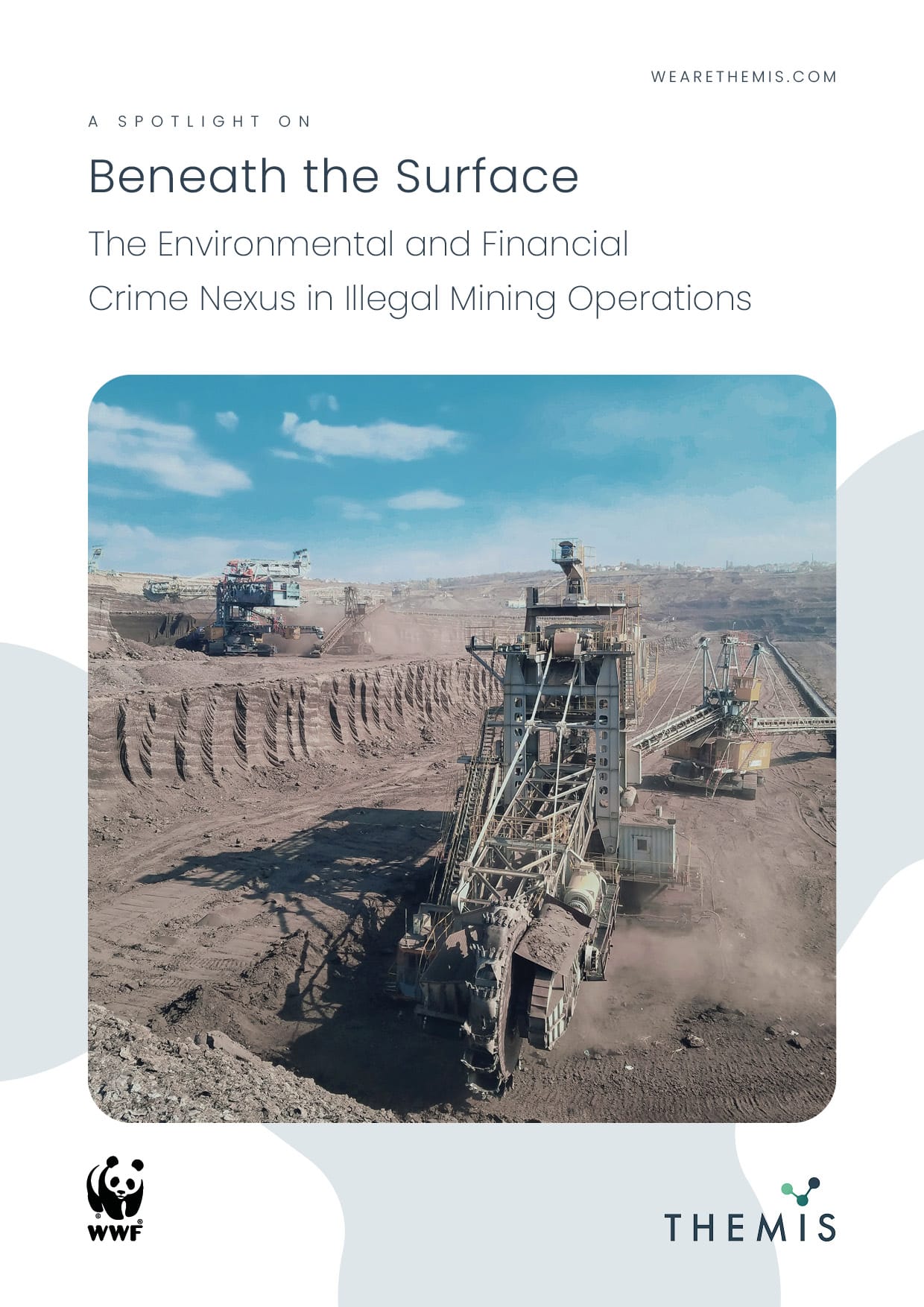
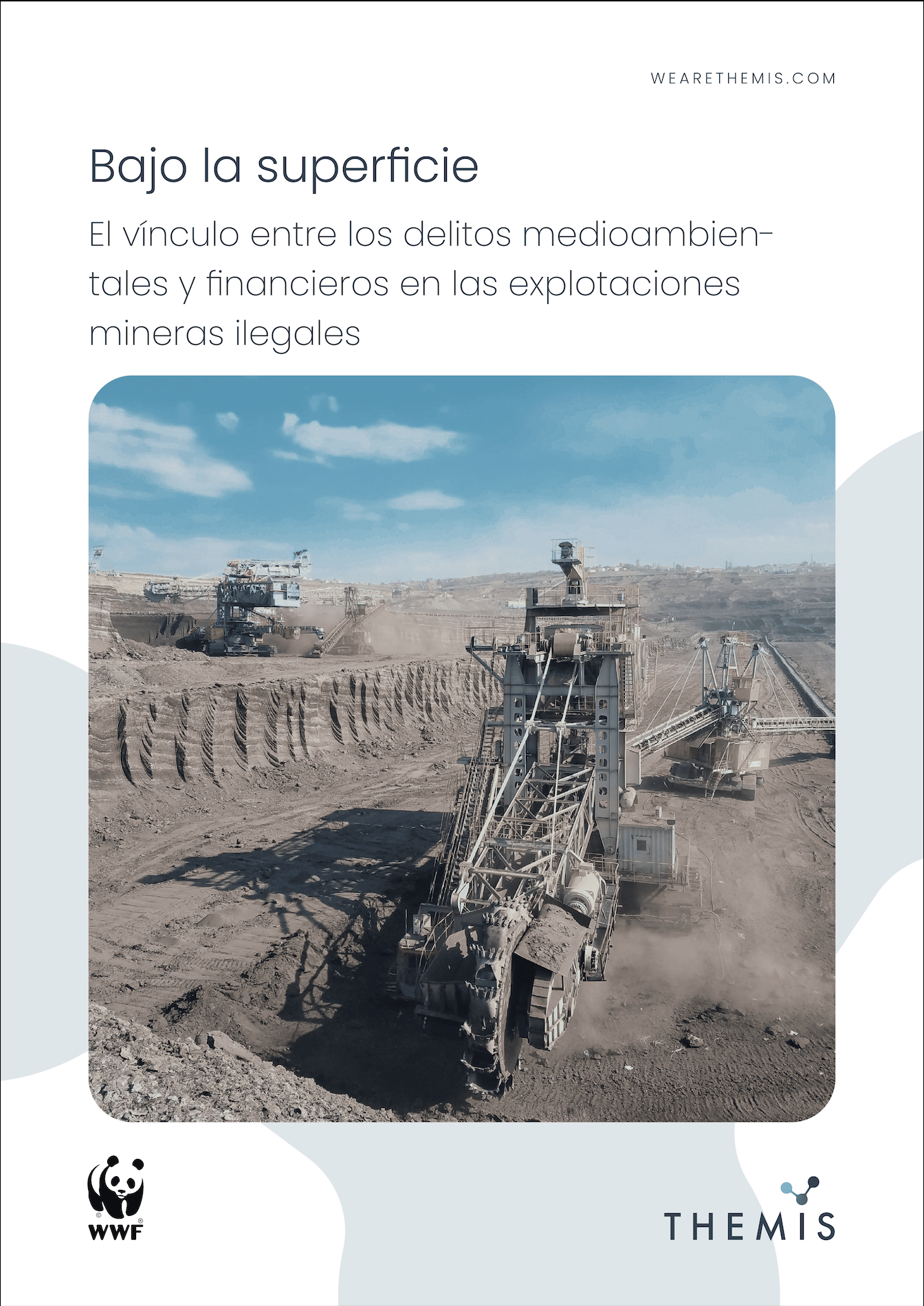

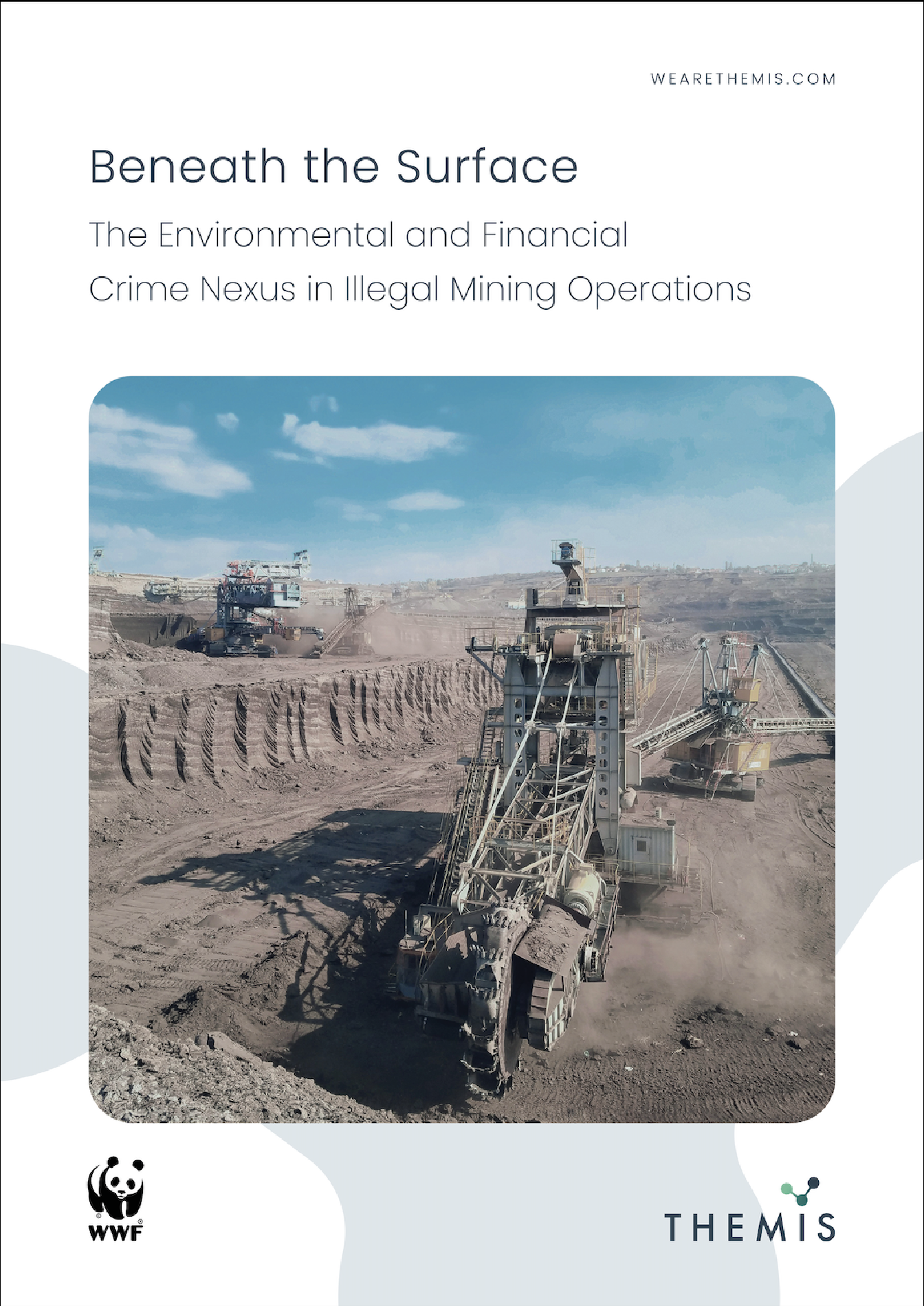
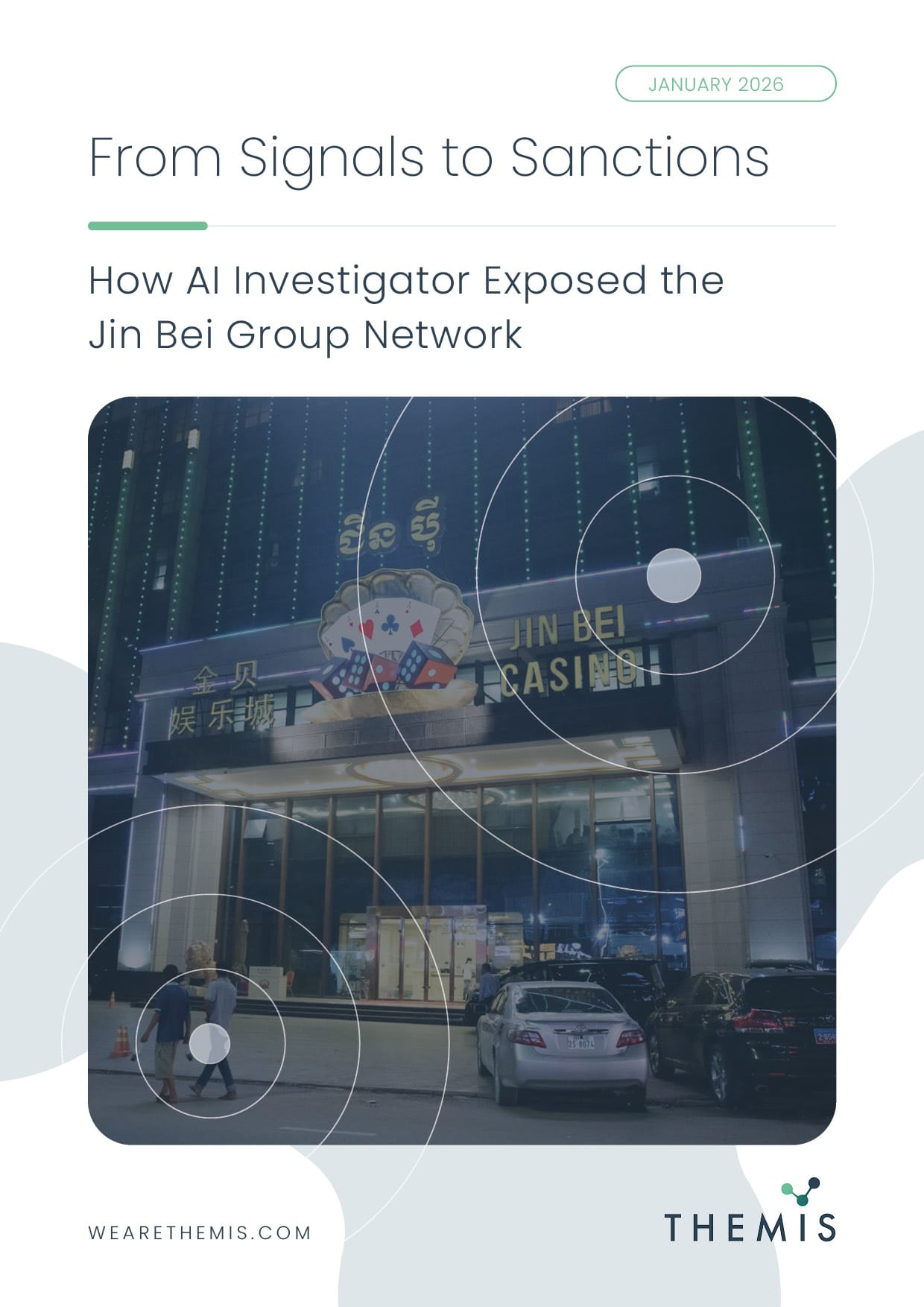
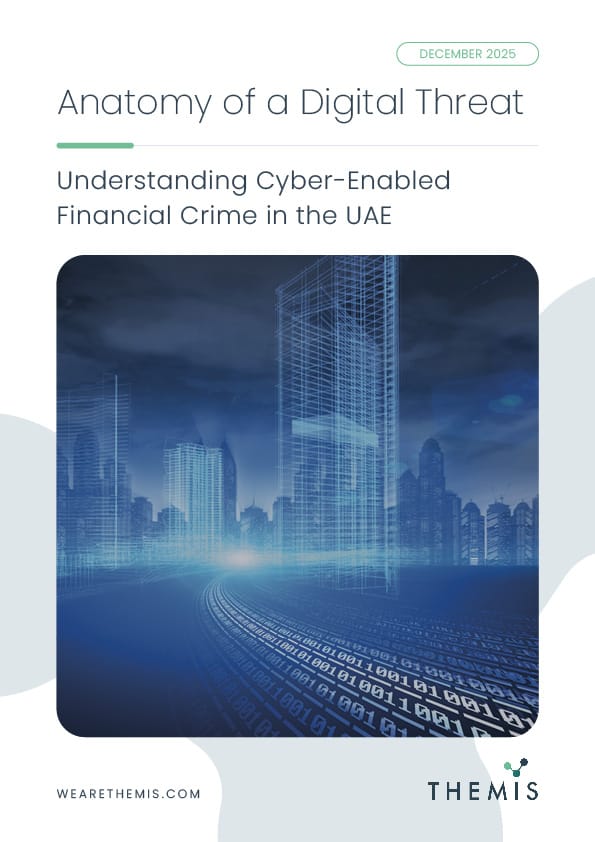
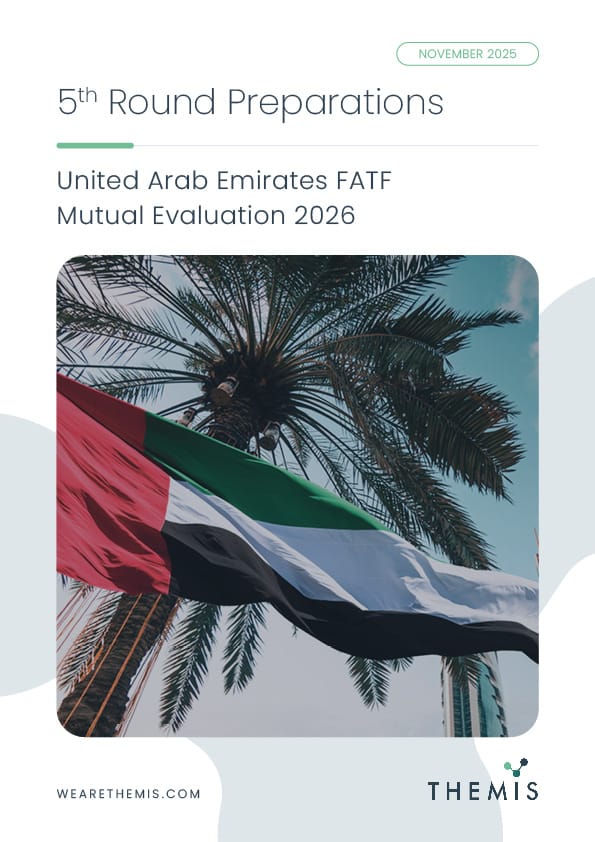
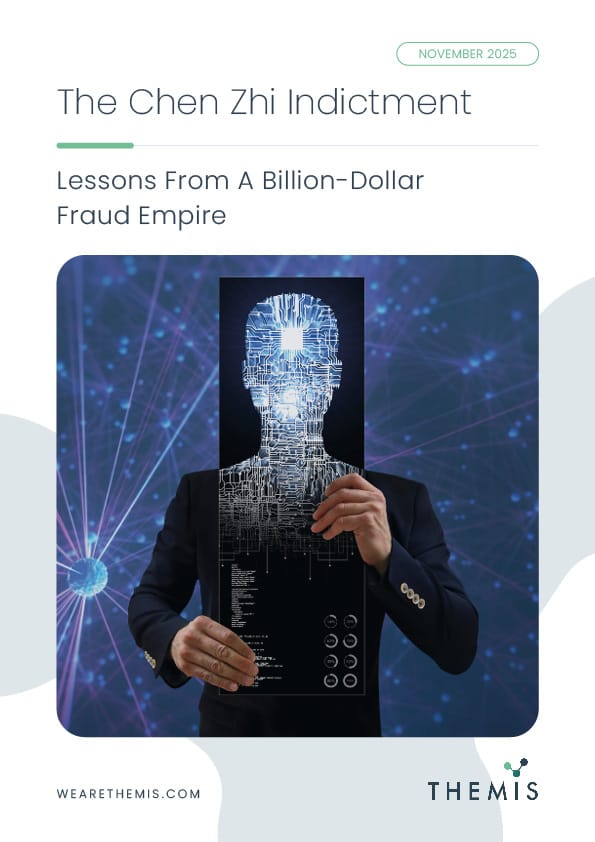
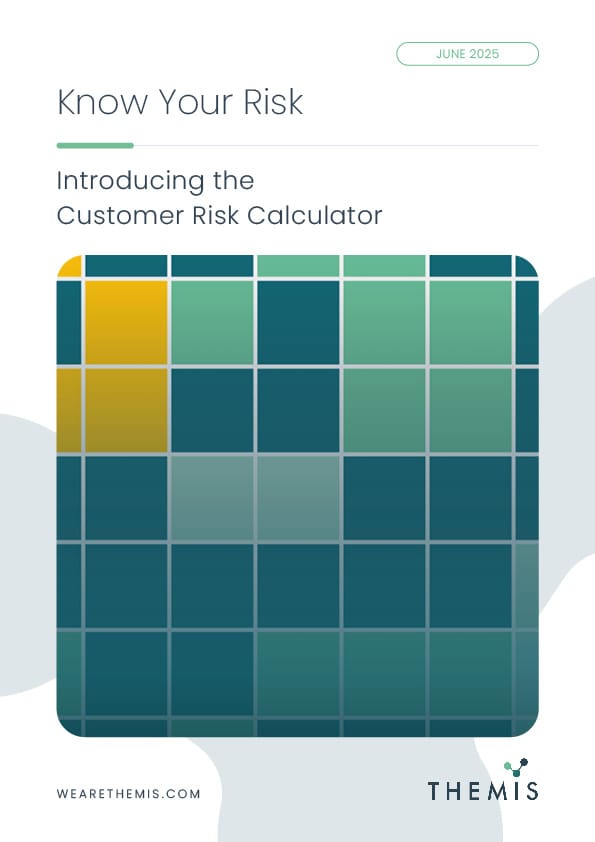
Lorem ipsum dolor sit amet, consectetur adipiscing elit, sed do eiusmod tempor incididunt ut labore et dolore magna aliqua. Ut enim ad minim veniam, quis nostrud exercitation ullamco laboris nisi ut aliquip ex ea commodo consequat. Duis aute irure dolor in reprehenderit in voluptate velit esse cillum dolore eu fugiat nulla pariatur.
Block quote
Ordered list
Unordered list
Bold text
Emphasis
Superscript
Subscript